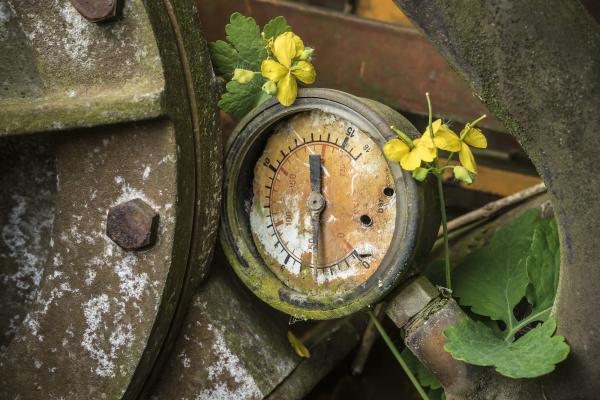I have watched with dread as a drama plays out in North Dakota. Thousands of Native Americans and their co-conspirators have taken a stand to try to stop the company, Energy Transfer, from drilling for crude oil on land sacred to the Standing Rock Sioux nation. The company received approval to drill in late July, which sparked protests that still continue.
I say I watch with dread because — while I hope these protests will be successful — I know how corporations often bulldoze their way to what they want, irrespective of the desires of people.
As I write, a court has given the company permission to continue, and three governmental offices have asked the company not to proceed. It is the drama of despair and hope. The drama of a people’s desire for continuity of sacred lands over against corporate profits. It is the intersection of questions: What will the future be?
Hope can be hard to come by. Protests, filing injunctions, withstanding attacks by dog all suggest that in the face of contrary evidence, the people of Standing Rock possess hope. This situation also is happening in the midst of a political climate in which many describe a dystopia — either current or on the horizon, depending on who gets elected. It also is happening in the midst of the Movement for Black Lives, a movement fueled by a collective of activist and advocacy organizations working on everything from criminal justice reform to policing and education reform. Added to these are violent and powerful weather patterns around the globe, giving witness to climate change.
How do we hope in such situations?
Hope. At the core of Jeremiah 32:1-3, 6-15 is this impulse. God speaks into a dire situation (impending war and exile) and the divine prodding for Jeremiah is to “buy land.” He has prophesied that the people will go into Babylon as captives, and promptly goes and buys ancestral land in Anathoth. He secured the deed, sealing it away in order that — after all the destruction, loss, war, and death — the deed would be recovered and redeemed. It is a vision of hope beyond what currently is. It is a witness to the fact that “it will not always be thus.”
We struggle for justice, not because we always “win” the struggle in the moment, but because we believe the adage that “the arc of the moral universe is long, but it bends toward justice” — as the Universalist Unitarian minister Theodore Parker said as early as 1810, in the shadow of the Civil War, and as Martin Luther King, Jr., repeated in the heat of the struggle for civil rights in the 1960s.
Or, as Christian hip-hop artist KB (Kevin Elijah Burgess) sings, “I believe that we will win.”
We do not believe that corporations like Energy Transfer will always overrun sacred lands. We do not believe that unarmed black people will always be gunned down with impunity in our streets. We do not believe that war is the best or only way to protect human flourishing. And so we struggle. And, like the prophet Jeremiah, we are called to show signs of our hope by building or planning to build — organizations, relationships, and communities. That is the down payment of our hope.
It is heartening to see that hope on display as the vision of a world where all flourish and human agency is honored and sustained. The vision on the website for Black Lives Matter is their Jeremiah’s “purchase ancestral lands.” It is Standing Rock’s protest. It is Breakfast and Book clubs springing up around the country. It is Freedom Schools. It is testament to the sentiment, “It will not always be thus.”
This article orignally appeared at ON Scripture.
Got something to say about what you're reading? We value your feedback!

